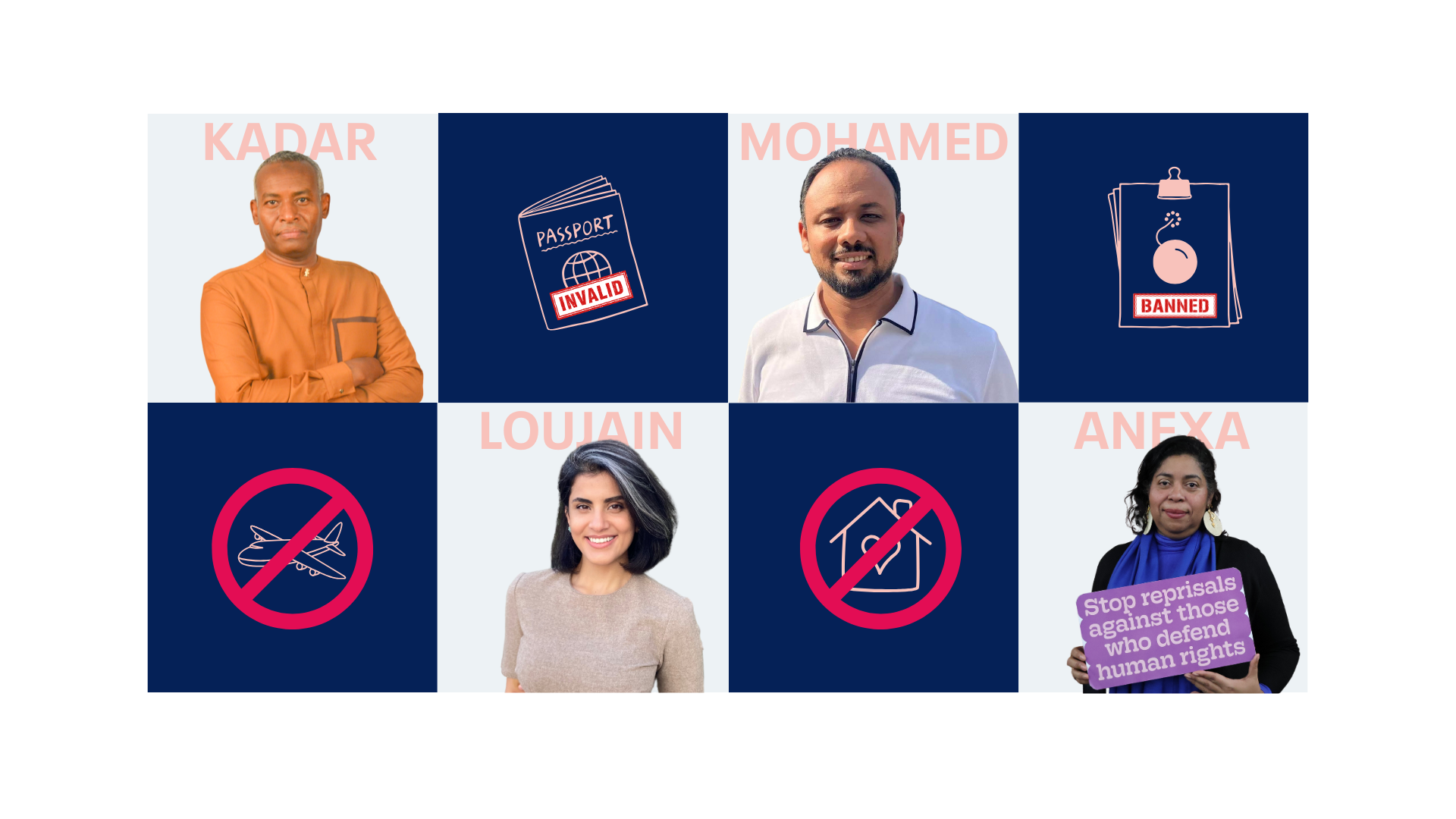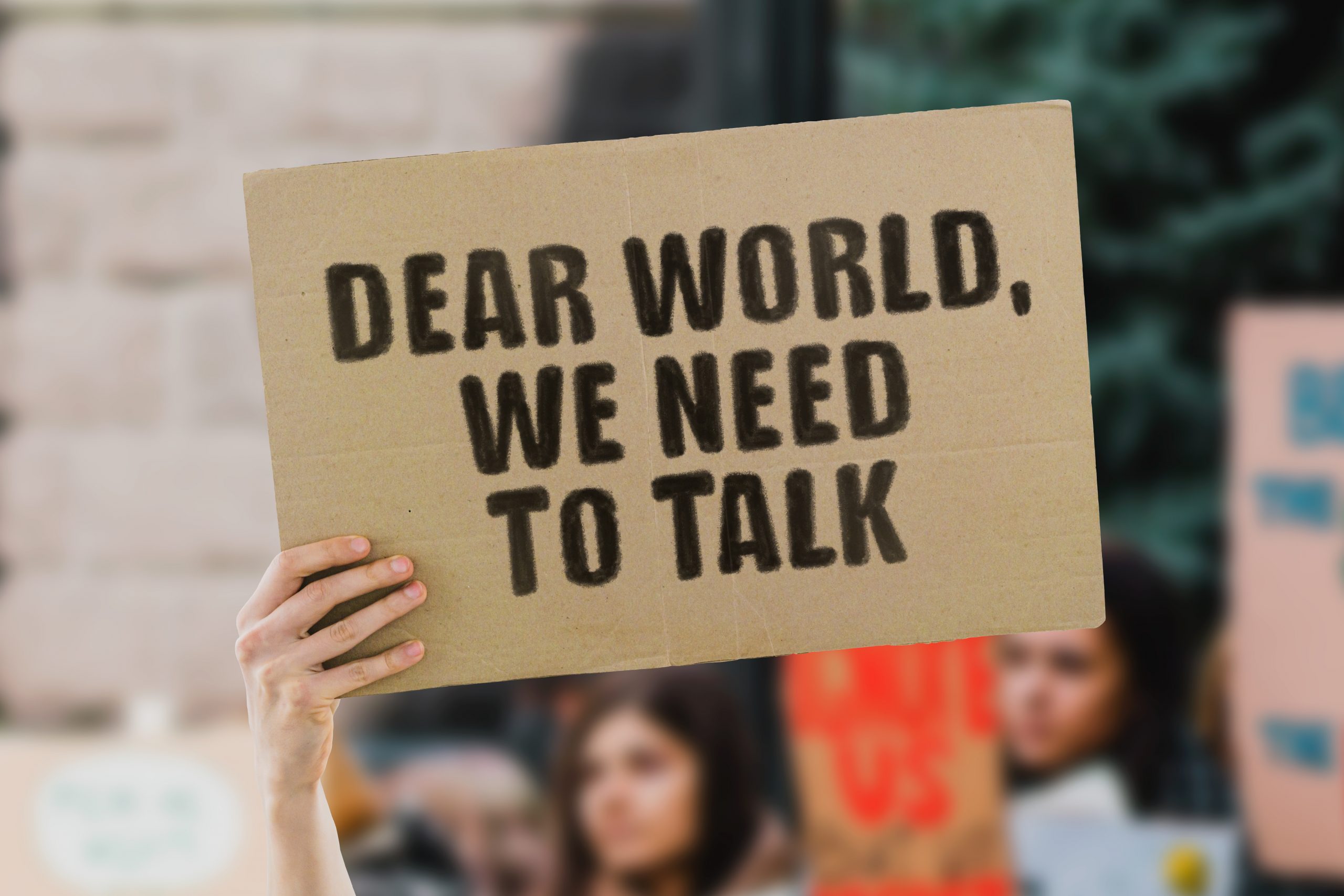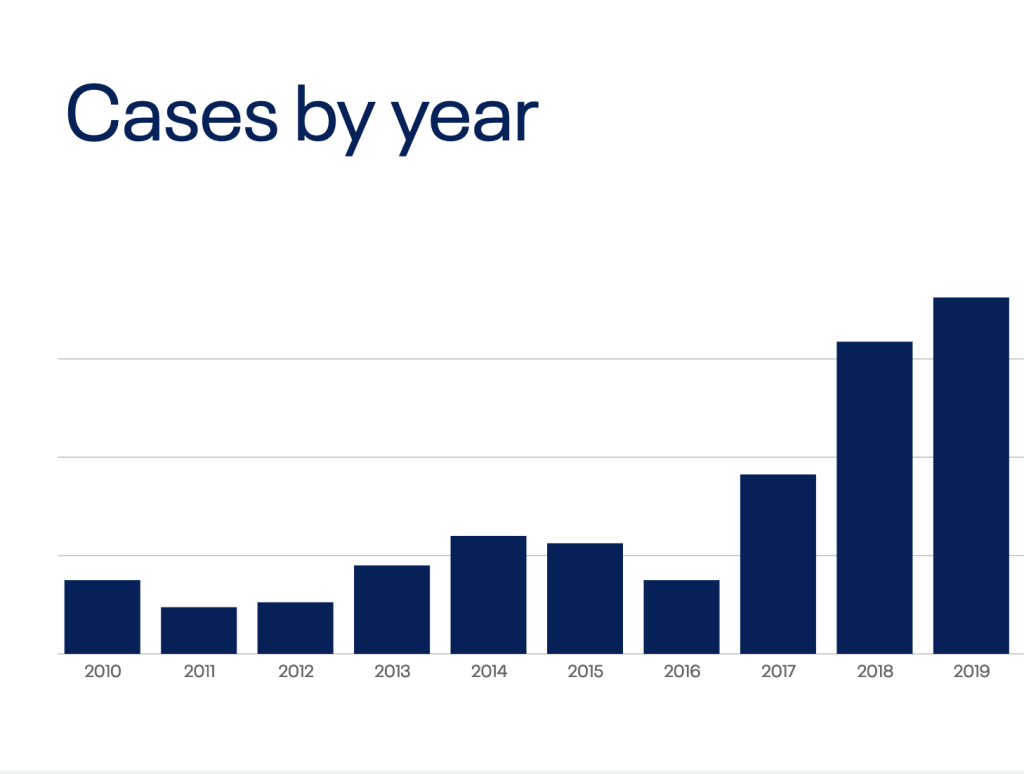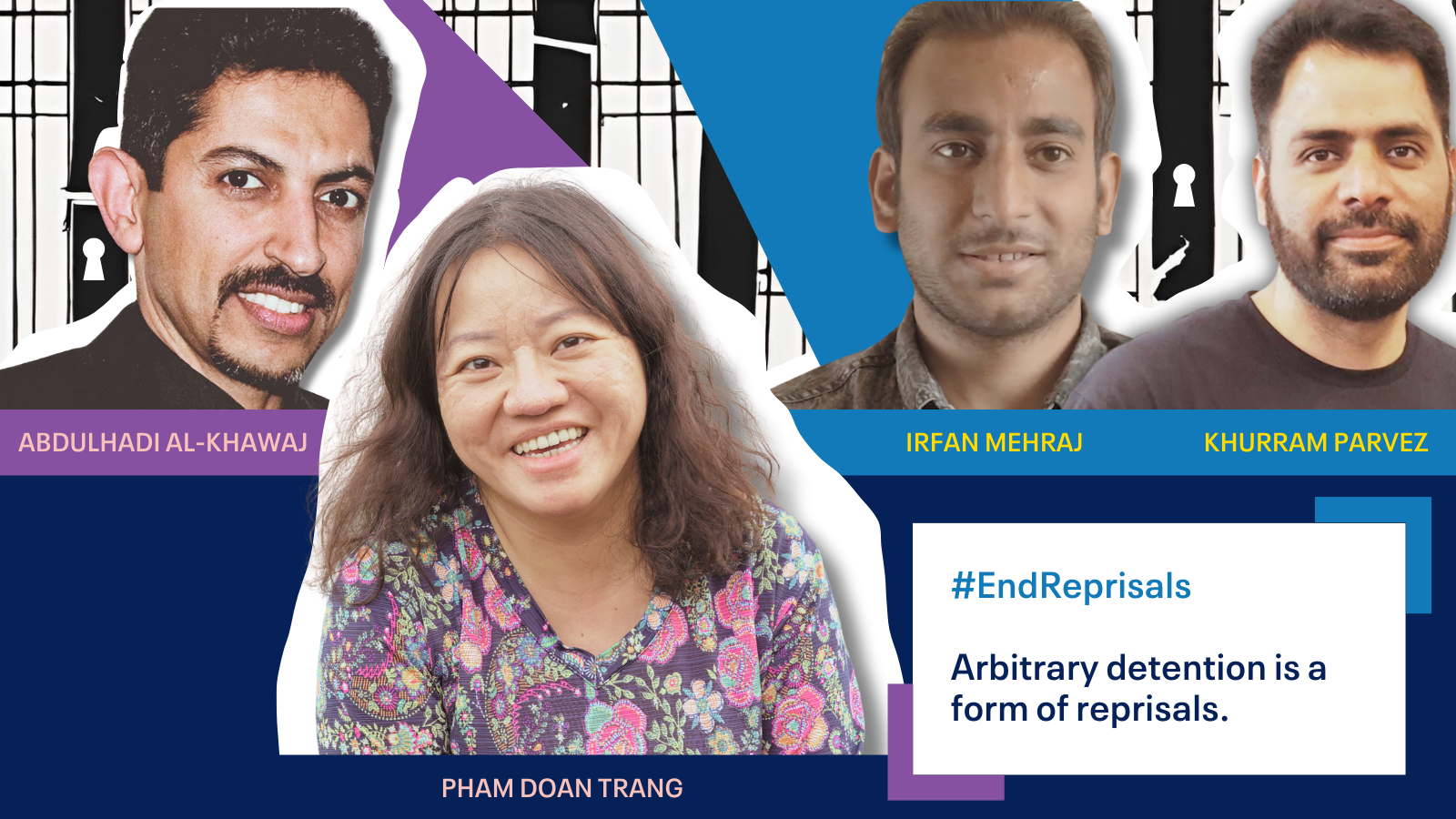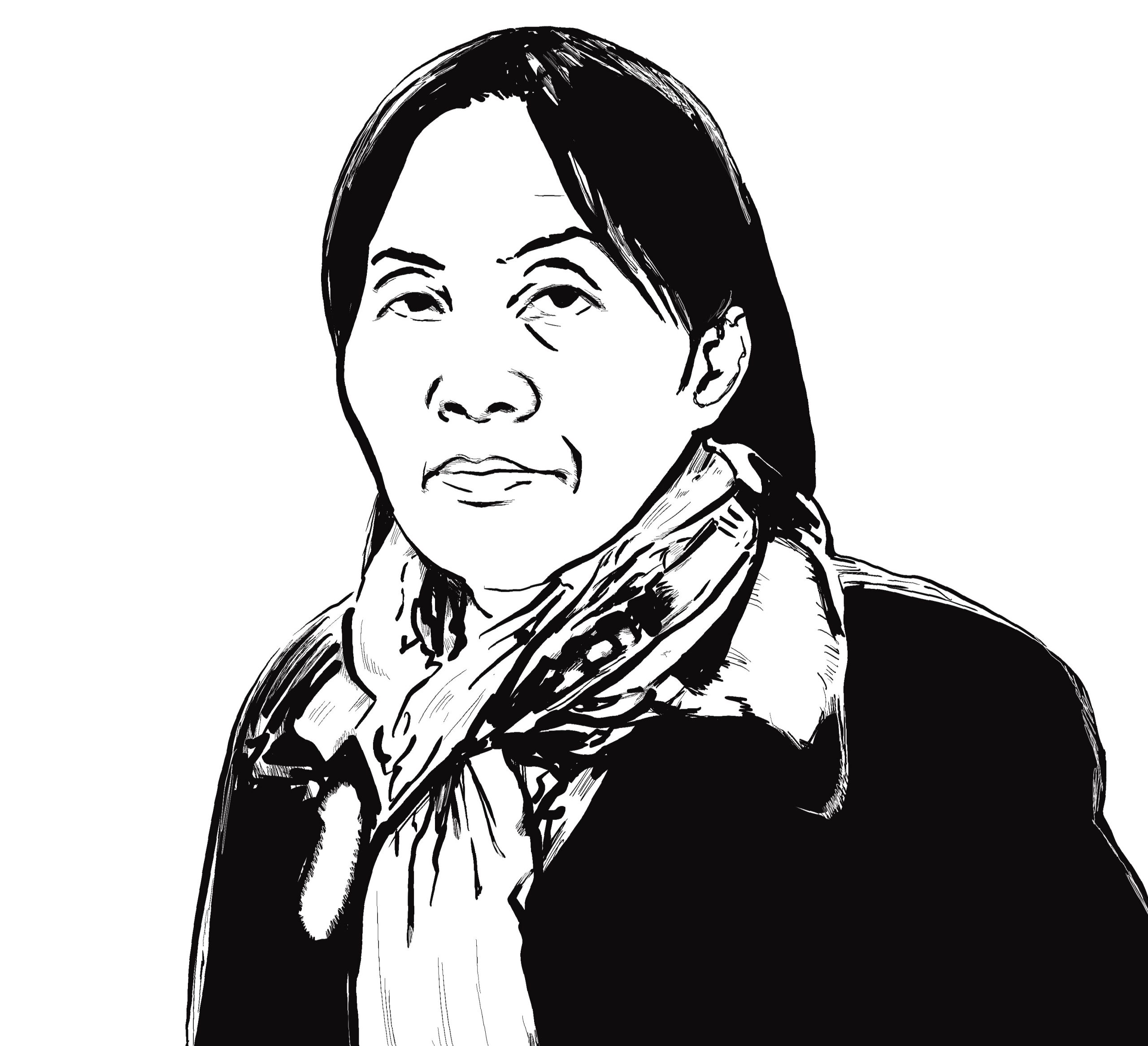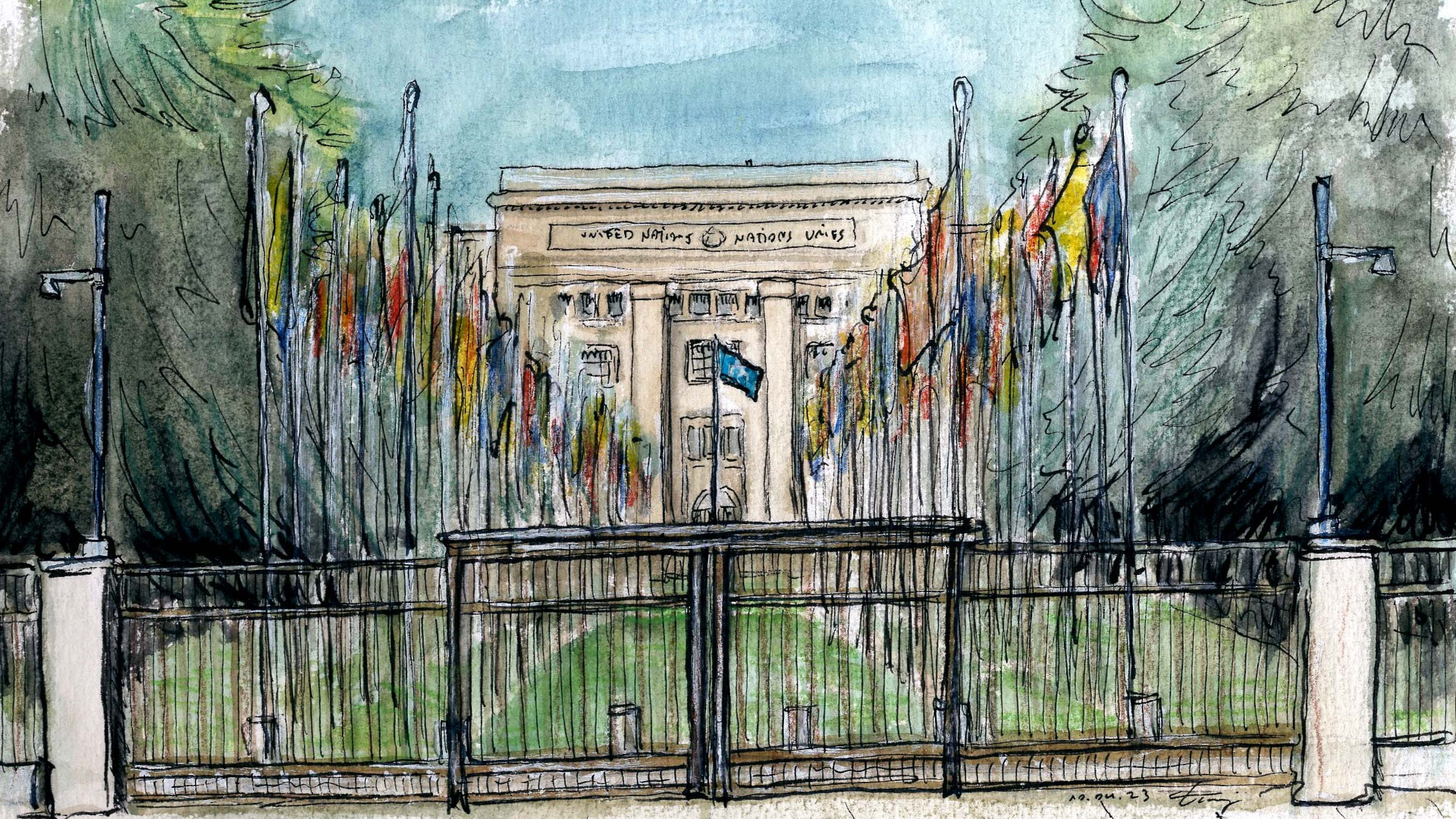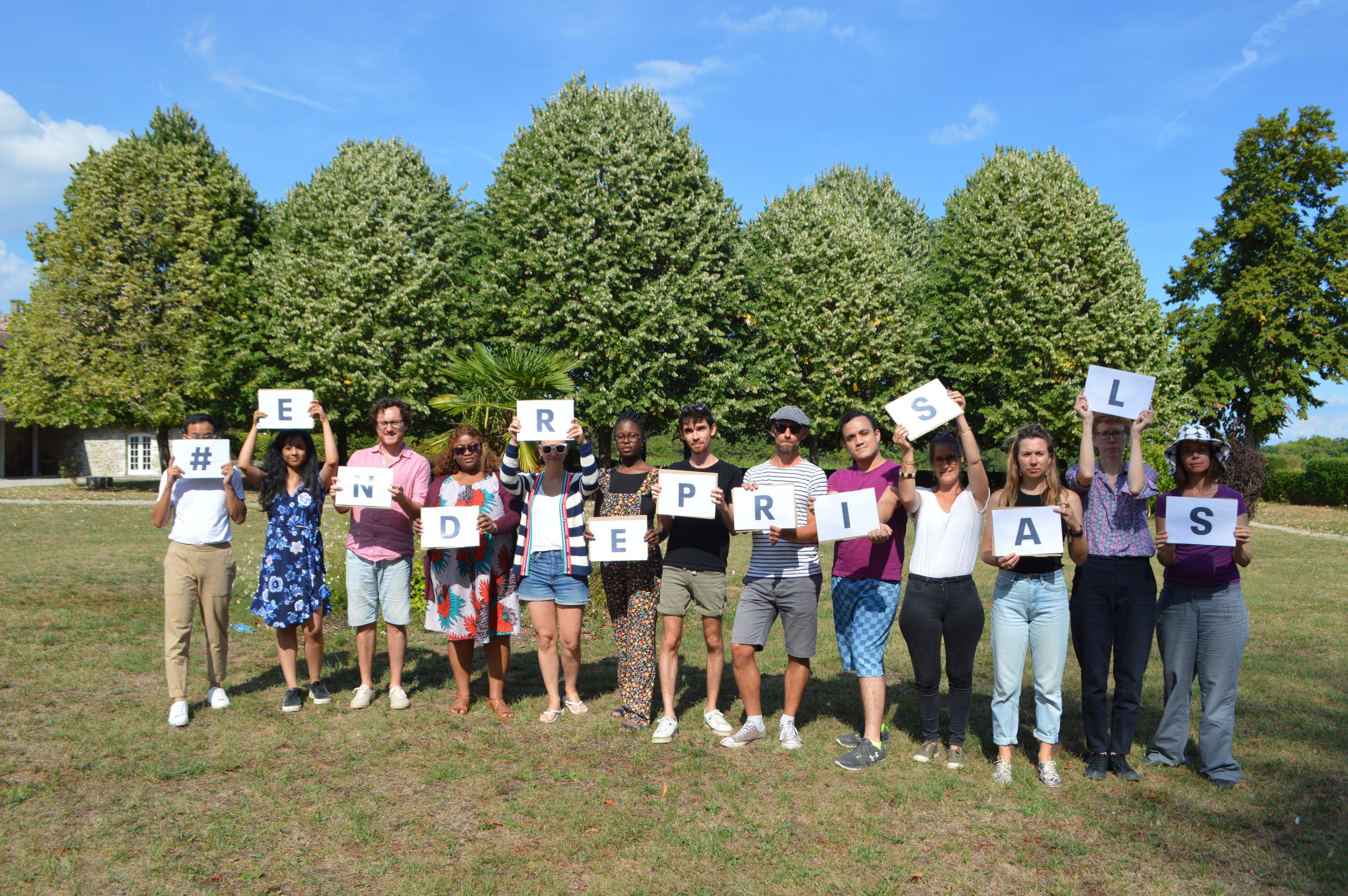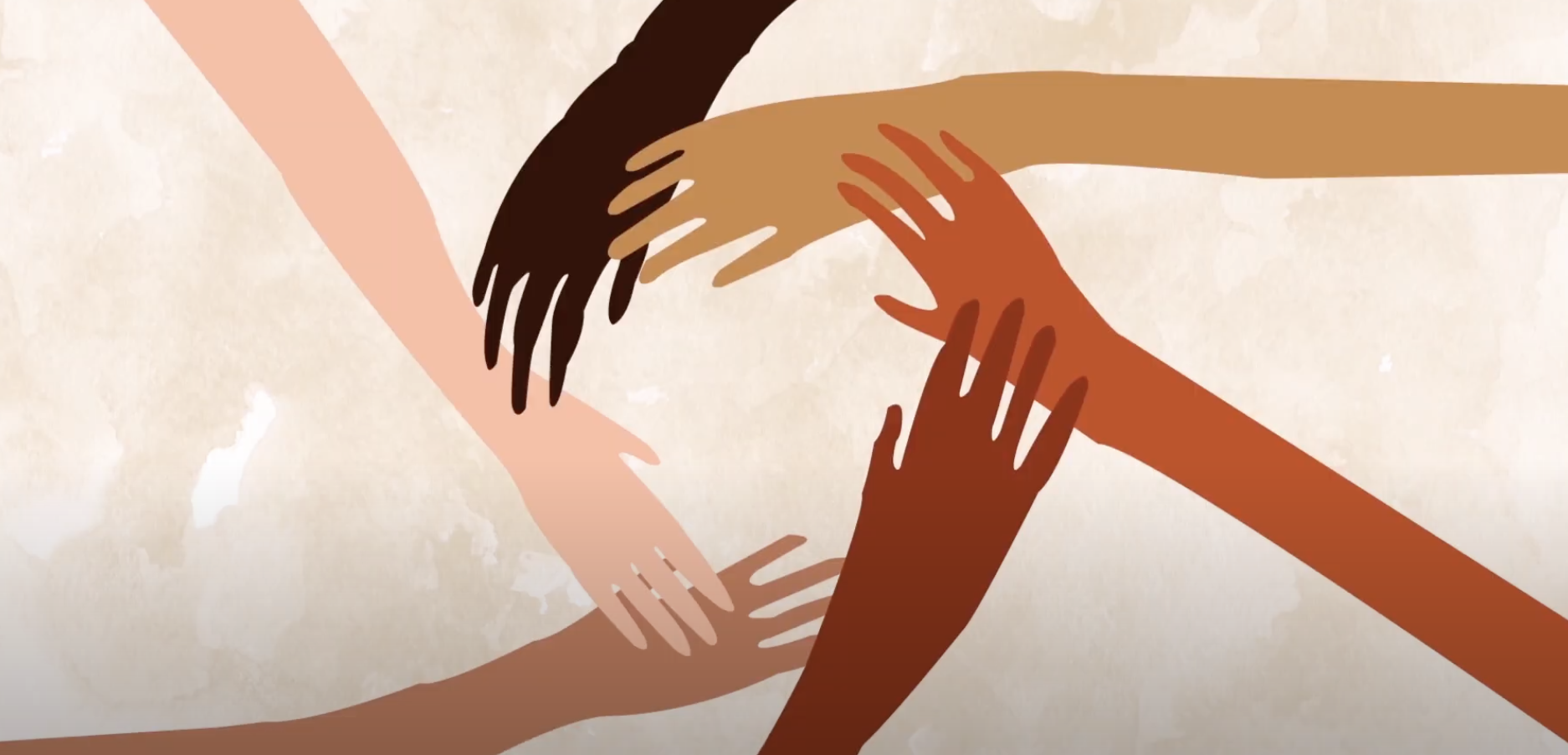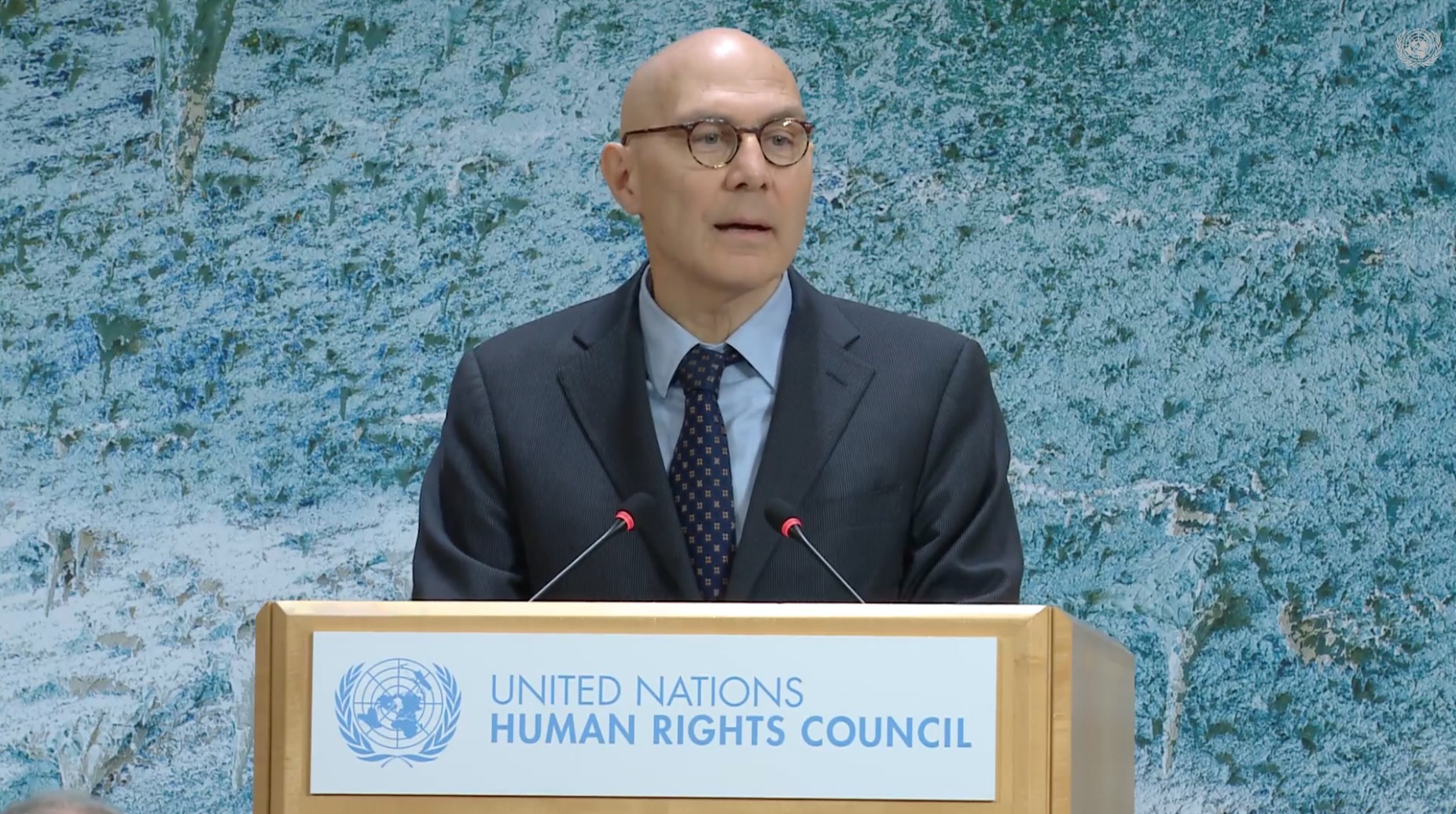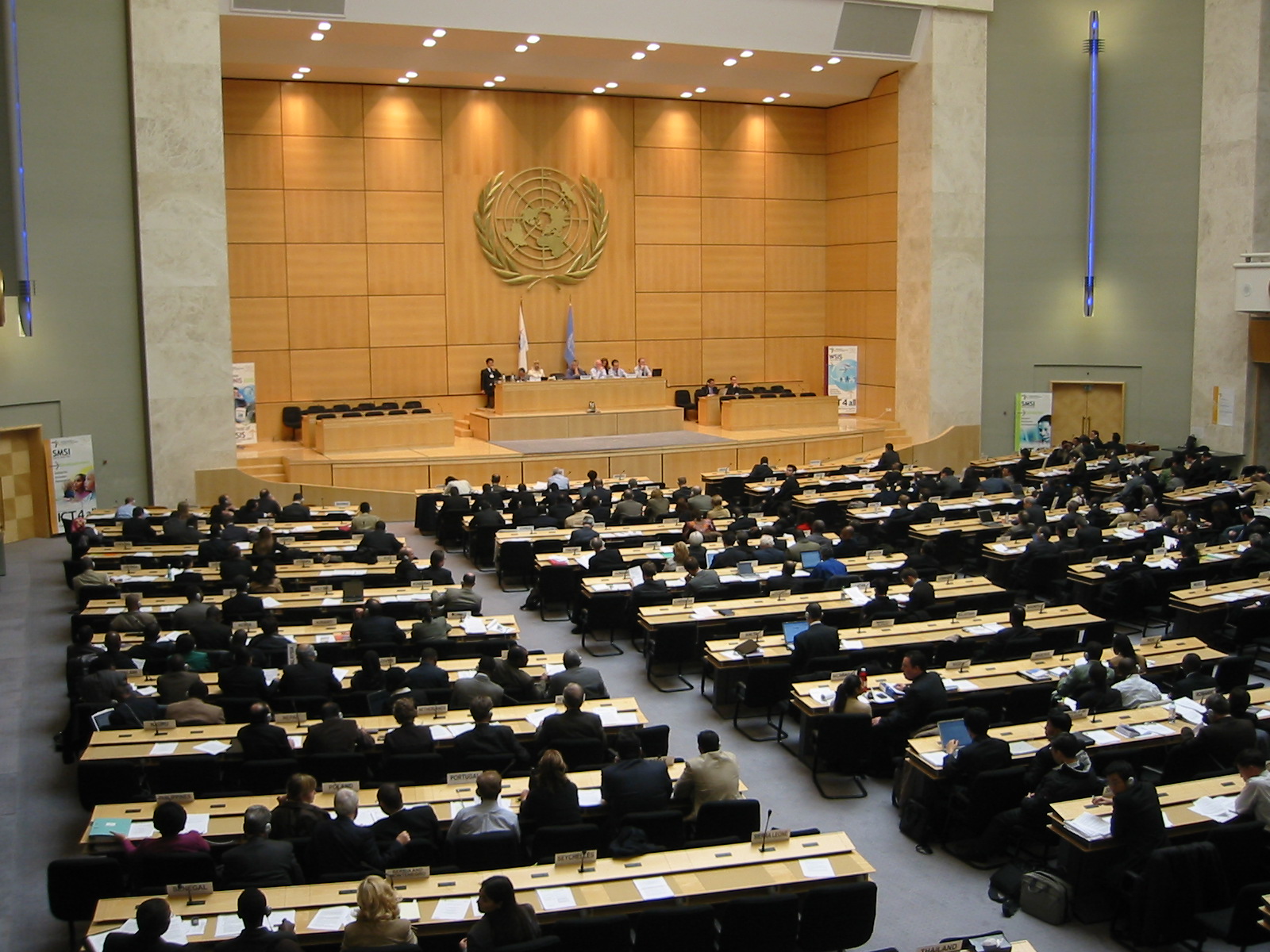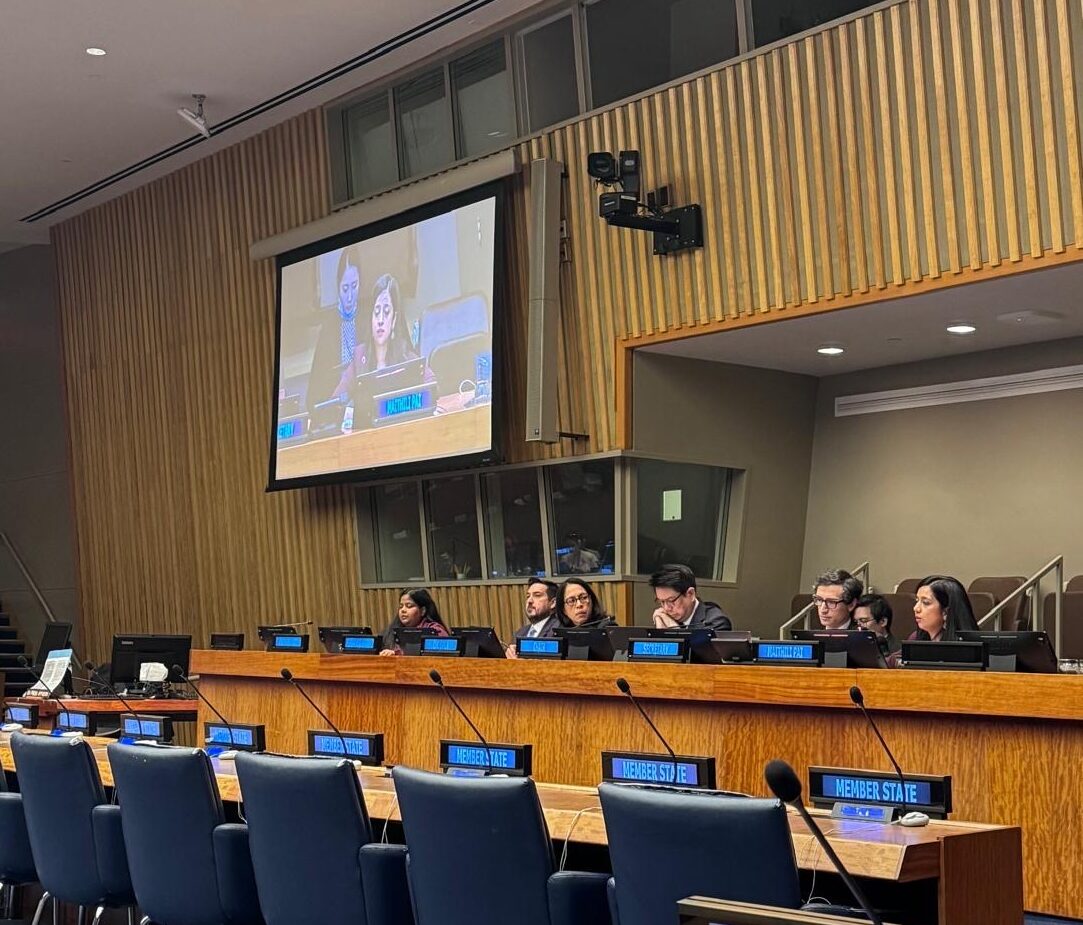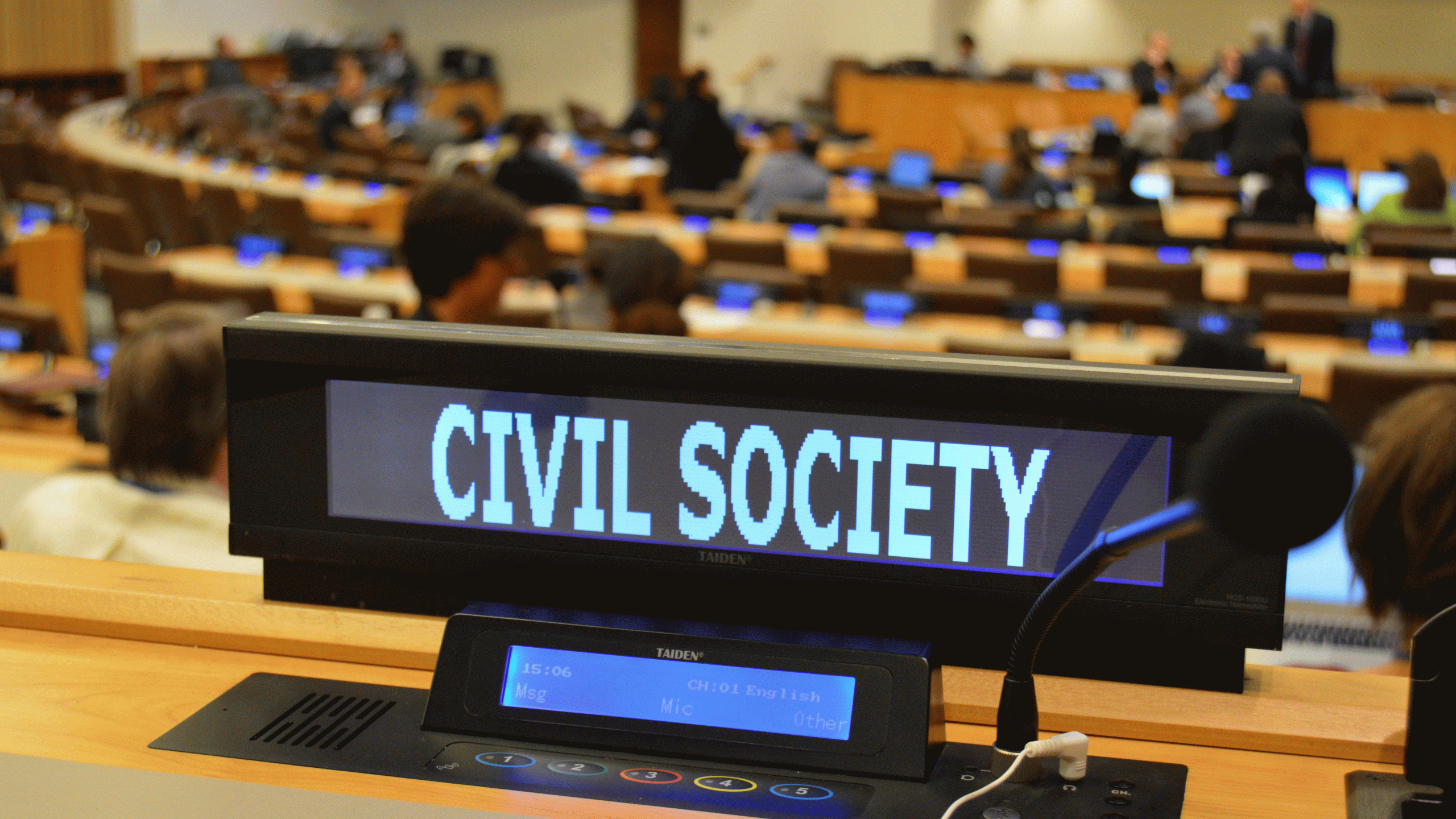The right to safe and unhindered access to international and regional justice mechanisms, and to be free from any forms of intimidation or reprisals for seeking justice, is both a fundamental human right and essential to the relevance and effectiveness of these mechanisms.
The participation of human rights defenders in the work of international and regional mechanisms makes for better outcomes. Defenders bring crucial information and perspectives regarding human rights situations on the ground and international and regional mechanisms depend on that knowledge and input to make informed decisions.
Yet the right to unhindered access to and cooperation with human rights mechanisms is undermined systematically by many States through reprisals, intimidation and other obstacles aimed at creating fear or blocking access.
ISHR seeks to ensure that international and regional human rights systems have the mechanisms to prevent reprisals and ensure accountability where they occur. ISHR provides protective publicity to human rights defenders at risk and works to bring cases of alleged intimidation and reprisals to the attention of relevant officials in an effort to press for effective preventative measures and responses.
#EndReprisals: Online research database
Each year the Secretary-General prepares a report that documents acts of intimidation and reprisals aimed at creating fear or blocking access to the United Nations of people who defend human rights .
In order to assist stakeholders with research, analysis and action on cases of reprisals and intimidation, ISHR has launched an online database compiling cases or situations of intimidation and reprisals documented by the United Nations (UN) Secretary-General since 2010.
